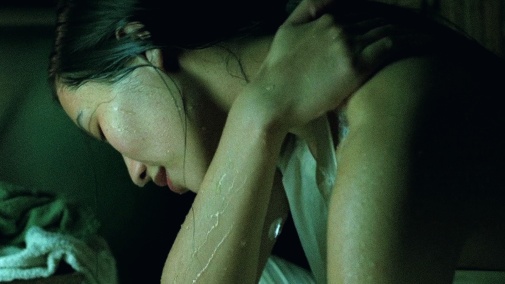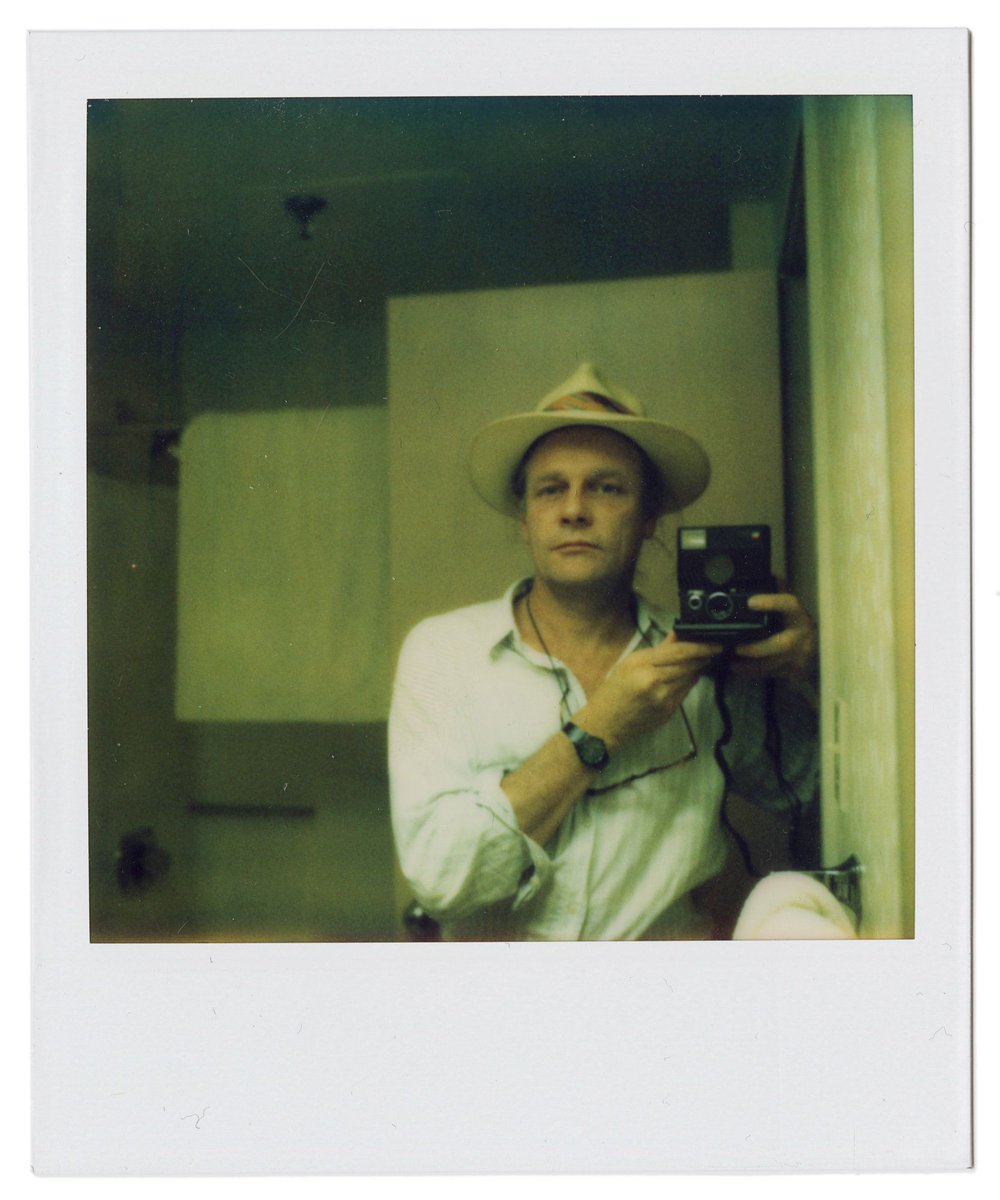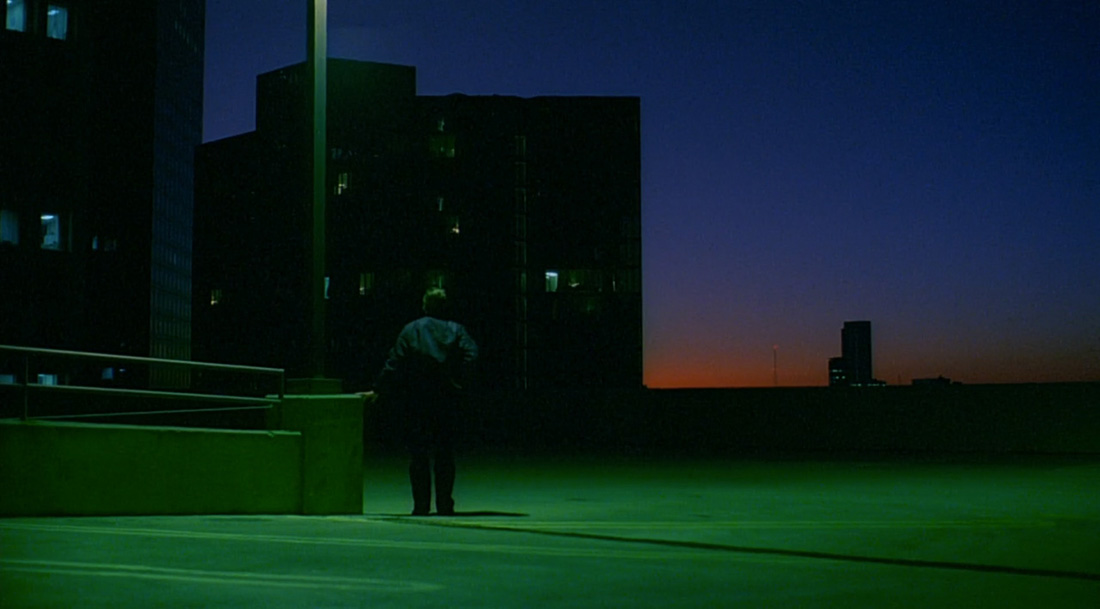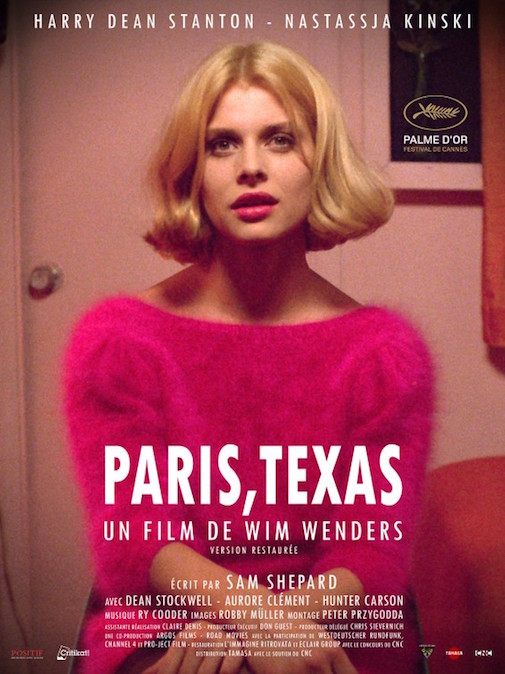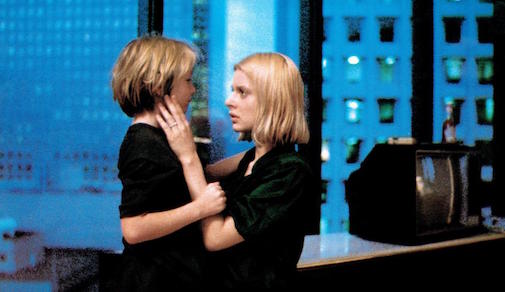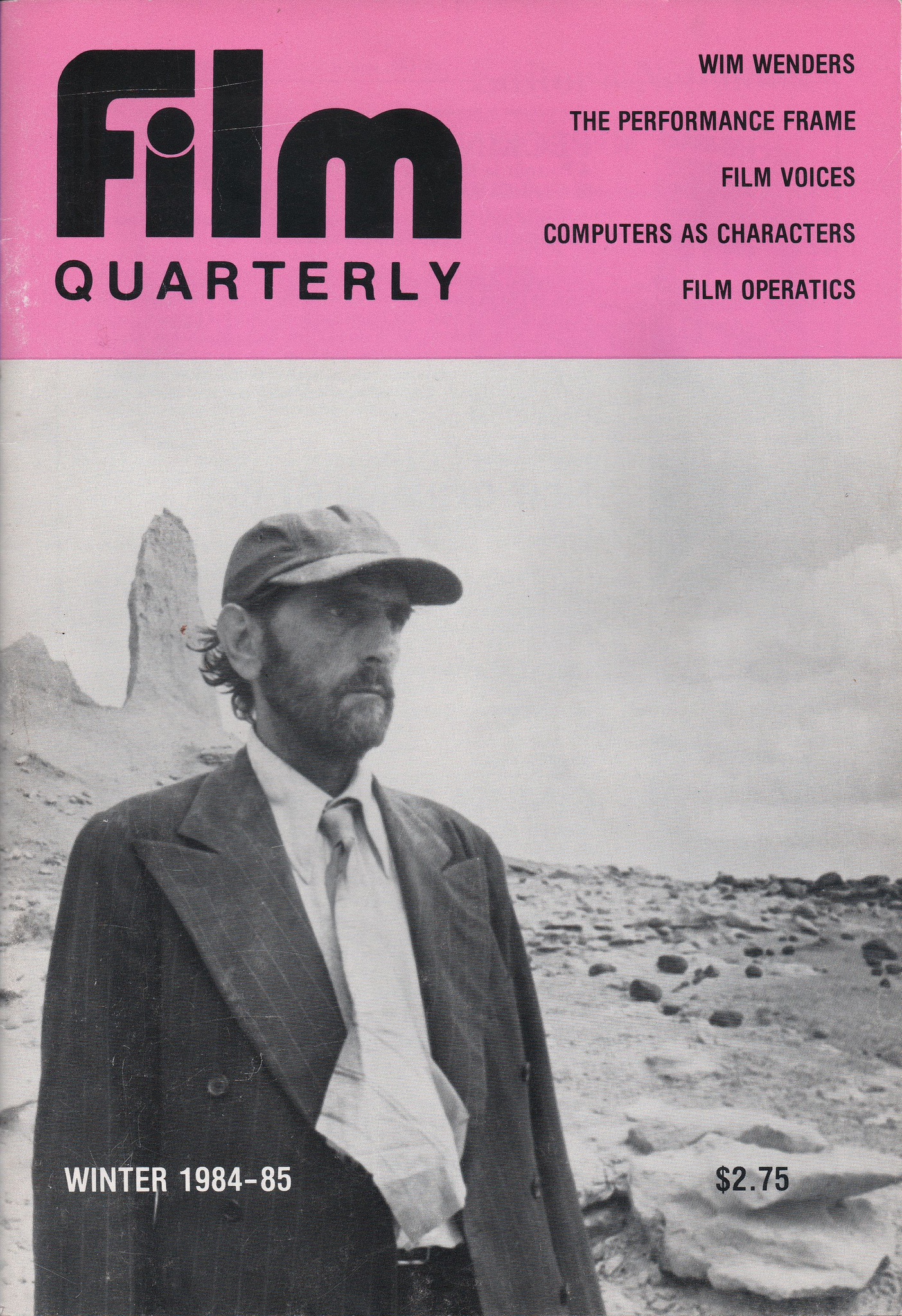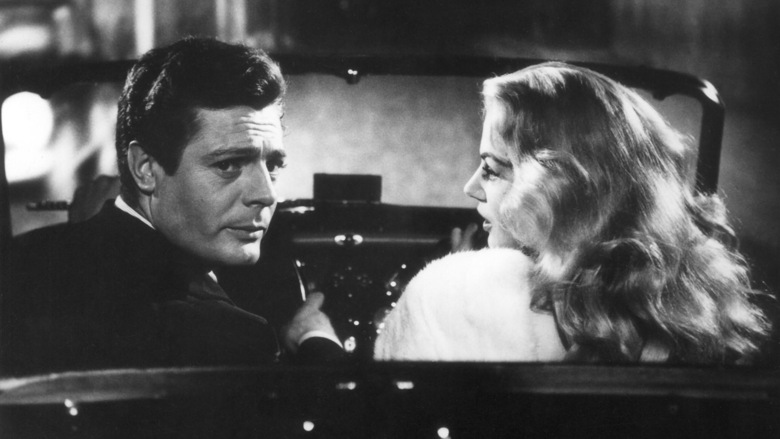Cannes at Home: Days 9 & 10 – Champions of Festivals Past
 Friday, May 26, 2023 at 6:30PM
Friday, May 26, 2023 at 6:30PM Just as the favorites for the Palme d'Or seemed to have settled, here comes another barrage of rave reviews to muddy the waters. Not only is it impossible to predict what Östlund's jury will choose, but it seems like, every day, the critics elect a new title to champion. On the ninth day of the festivities, Trần Anh Hùng's Pot-au-Feu dazzled many with its gastronomic love affair, making comparisons to Babette's Feast. Then came Nanni Moretti's A Brighter Tomorrow, less acclaimed but blessed by enthusiast defenders. On the 10th day of Cannes, it was time for Wim Wenders' Perfect Days to ignite Best Actor speculation, while Catherine Breillat's Queen of Hearts remake became another instant frontrunner for the big prize. Will Last Summer take the Palme?
For the Cannes at Home series, the focus shall be on these auteurs' past festival successes. The Scent of Green Papaya earned Hùng the Camera d'Or and Vietnam its only Oscar nomination. Moretti won the Best Director prize at Cannes '93 with Caro Diario, and Wim Wenders was the Palme victor of '84 with Paris, Texas. Finally, there's Breillat's hyper-controversial Fat Girl, a prizewinner from the 51st Berlinale…
